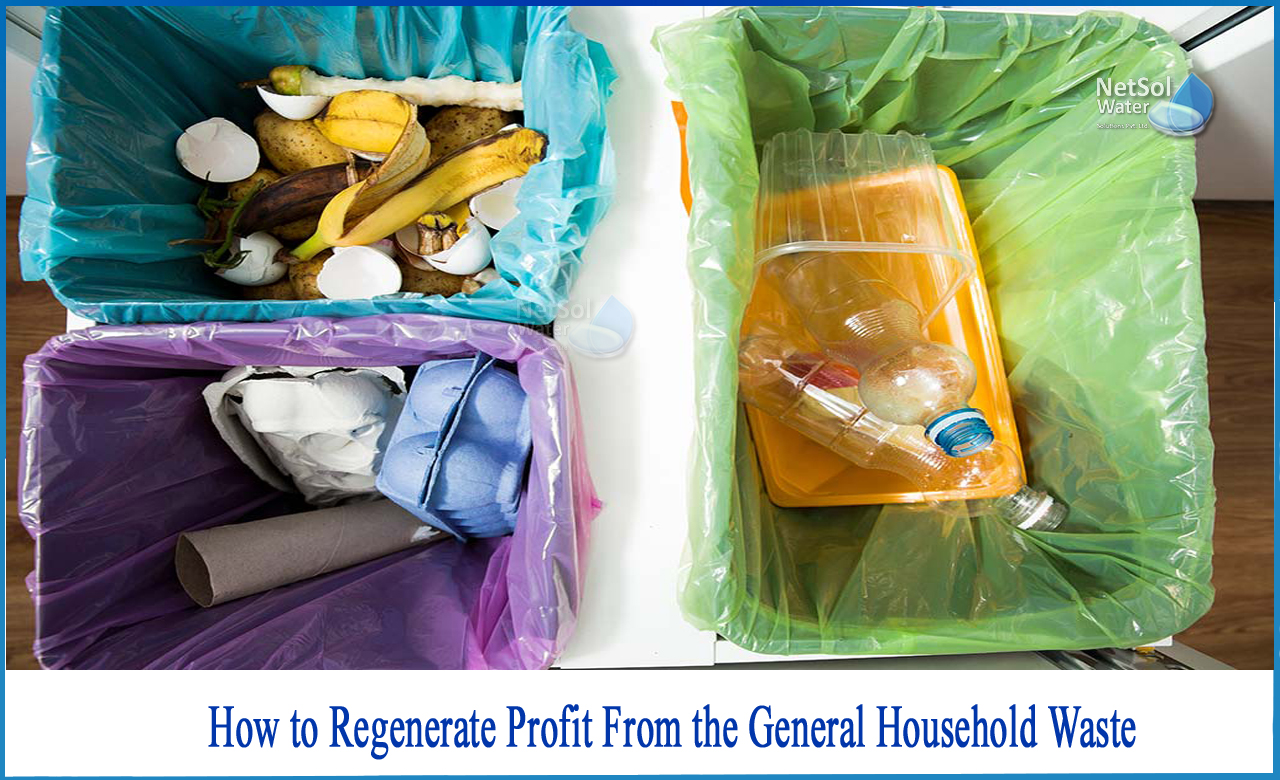Overview
Our modern society produces a lot of waste as a result of its ease and consumerism, which suffocates cities and destroys economies. Waste management is a civic headache.
But shouldn't it be a banker's dream?
Demand will only rise, necessitating a solution; else, the entire economy will suffer.
But, if there is a simple answer, we have all failed to find it.
The structure, efficiency, finance, and cutting-edge technology that may come with public-private partnerships appear to help solid waste management (PPPs).
Let's have a look at the possibilities available to us!
Once you're out of sight, you're out of mind
Disease is transmitted by poorly managed garbage, which contaminates water supplies, raises the cost of drinkable water, causes flooding, pollutes the air, and repels tourists. Municipalities, on the other hand, lack the resources and expertise to effectively manage solid waste.
Informal rubbish pickers, who make up 5% of urban occupations in emerging nations, are commonly used in the developing world. Small-scale solutions, on the other hand, are inefficient and difficult to govern. The advantages of integrated management and public-private partnerships have been demonstrated across the world.
How to regenerate profit from the general household waste?
However, unlike some other sectors, the solid waste industry is not a natural match for PPPs. Cost recovery from families in the form of garbage pickup fees is often inadequate from a commercial or financial standpoint.
Industrial garbage collection is more profitable, but it seldom pays for itself. Costs of sanitary landfills are high. However, there is optimism if solid waste disposal is well managed to produce cash and successfully manage garbage. Here are several possibilities:
Recycling: In many industrialised nations, recycling of waste metal, paper, glass, plastics, and cardboard is a big business, but recycled products aren't always well used.
Composting: Organic waste may be composted to reduce the generation of methane gas and utilised as fertiliser, construction materials, and even animal feed.
Energy: Properly dried and sorted garbage may provide a powerful (and environmentally friendly) supply of fuel for various industrial operations, such as power generation and cement kilns, allowing their parent firms to meet their international carbon footprint reduction obligations. These energy sources may also qualify as renewable energy, granting access to carbon credits, favourable rates for electricity generated, and other incentives aimed at promoting green activities.
Sanitary landfill: If the foregoing methods do not completely eliminate garbage, the remainder must be transferred to a sanitary landfill to minimise its impact on humans.
Changing Garbage into Gold
With the revenue potential accessible in solid waste, it is feasible to transform garbage into gold!
1: User fees for solid trash removal are frequently kept artificially low. Waste management bills can be combined with power bills or water bills to make collection easier. Municipal taxes can be a reliable source of revenue, but they only affect a tiny portion of the population.
2: Carbon financing can be obtained by the decrease of methane gas emissions, the development of renewable power, and the offset of other thermal heat generation.
3: Energy fees from produced electricity or calorific value delivered to kilns or other high-energy (and high-temperature) operations provide value while simultaneously breaking down the waste's chemical makeup.
4: Recycling fees, which include the value of recycled plastics and compost, are available for purchase by local businesses to turn into marketable commodities or to export the materials to countries where they may be used successfully.
5: Municipal finances and low user fees typically limit gate costs for rubbish dumping. Waste may be diverted to informal disposal sites as a result of high entrance fees. Investors may request government guarantees or other security rights if the municipality is a poor credit risk.
It's easy to get into the habit of picking up garbage one piece at a time. However, by treating the problem holistically, income creation can come close to cost recovery, if not even produce a profit. While no solution is ever straightforward, especially when it comes to financial considerations, PPPs do have advantages when it comes to solid waste management.
Netsol Water is Greater Noida-based leading water & wastewater treatment plant manufacturer. We are industry's most demanding company based on client review and work quality. We are known as best commercial RO plant manufacturers, industrial RO plant manufacturer, sewage treatment plant manufacturer, Water Softener Plant Manufacturers and effluent treatment plant manufacturers. Apart from this 24x7 customer support is our USP. Call on +91-9650608473, or write us at enquiry@netsolwater.com for any support, inquiry or product-purchase related query.



